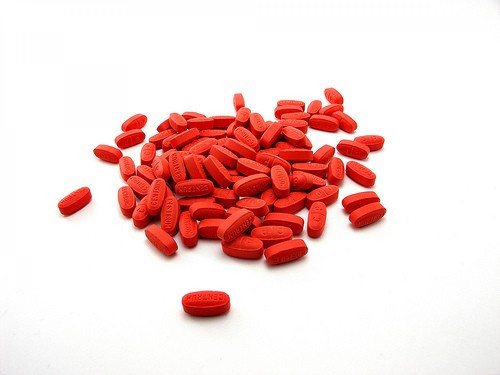Dietary Supplements Linked to Higher Mortality in Older Women

Dietary supplements, such as iron, multivitamins and folic acid pills, are linked to higher death rates among older women, a new study reports.
Experts have suspected for some time that supplements may only be beneficial if a person is deficient in a nutrient.
There is very little evidence showing that common dietary supplements would be beneficial in prevention of major chronic diseases, said Jaakko Mursu of the University of Minnesota in Minneapolis, who worked on the study.
Mursu and his colleagues used data from nearly 39,000 older women who participated in the Iowa Women's Health Study and filled out questionnaires starting in 1986. The survey asked about use of multivitamins, vitamins A, C, D and E as well as beta-carotene, B vitamins and minerals such as calcium, copper, magnesium, selenium and zinc.
The researchers carried out adjustments and discovered that taking multivitamins, vitamin B6, folic acid, iron, magnesium, zinc and copper were all linked to an increased risk of death in the study population, with the exception of calcium supplements, which appeared to reduce risk of mortality.
Nearly half of American adults take dietary supplements, and the industry now boasts of annual sales as high as $20 billion.
Mursu said he expects that his findings will be true for men as well, and that they add to an earlier research hinting that dietary supplements do little good in Western countries where vitamin deficiency is not common.
Mursu also cautioned that his study doesn't prove supplements cause harm. I would rather conclude that there is no evidence for benefits, he said. Experts say the best way to ensure that you're getting all the nutrients you need is still to eat a well-balanced diet.
The study was published in the Archives of Internal Medicine.
© Copyright IBTimes 2024. All rights reserved.





















